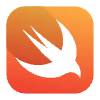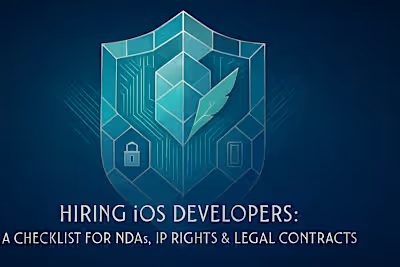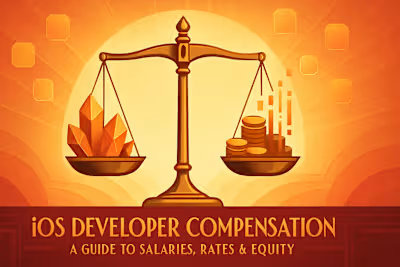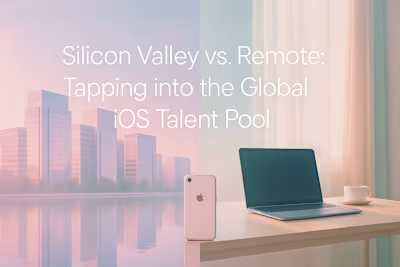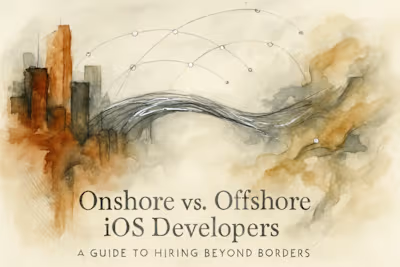Privacy Laws 2025: What Your iOS Developer Must Know Before You Hire
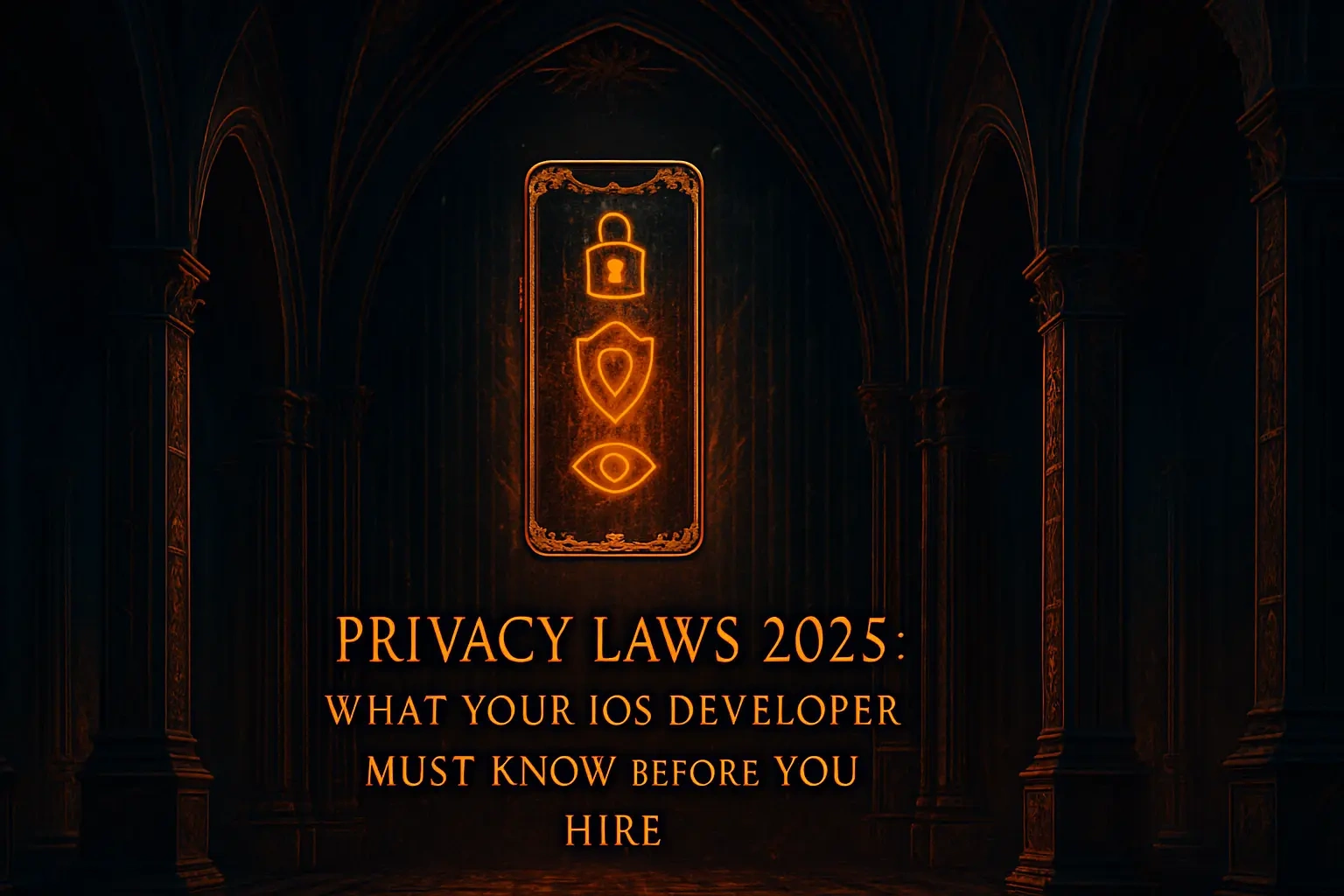
Privacy Laws 2025: What Your iOS Developer Must Know Before You Hire
The Evolving Landscape of Data Privacy in 2025
Consumer Trust as a Competitive Advantage
The Financial and Reputational Cost of a Breach
Core Privacy Regulations Your iOS App Must Comply With
GDPR: The European Gold Standard
CCPA/CPRA: California's Consumer Rights
Other Global Regulations (PIPL, etc.)
Apple's Ecosystem: Privacy-Centric by Design
App Tracking Transparency (ATT) Framework
Privacy Nutrition Labels & Manifests
The App Store Review Process and Privacy
How to Vet an iOS Developer's Privacy Expertise
Key Interview Questions to Ask
Reviewing Past Projects and Portfolios
Importance of a 'Privacy-First' Mindset
Conclusion
References
Privacy Laws 2025: What Your iOS Developer Must Know Before You Hire
The Evolving Landscape of Data Privacy in 2025
Consumer Trust as a Competitive Advantage
The Financial and Reputational Cost of a Breach
Core Privacy Regulations Your iOS App Must Comply With
GDPR: The European Gold Standard
CCPA/CPRA: California's Consumer Rights
Other Global Regulations (PIPL, etc.)
Apple's Ecosystem: Privacy-Centric by Design
App Tracking Transparency (ATT) Framework
Privacy Nutrition Labels & Manifests
The App Store Review Process and Privacy
How to Vet an iOS Developer's Privacy Expertise
Key Interview Questions to Ask
Reviewing Past Projects and Portfolios
Importance of a 'Privacy-First' Mindset
Conclusion
References
Posted Jul 6, 2025
Hiring an iOS developer? Don't risk costly fines and user distrust. Learn the essential 2025 privacy laws (GDPR, CCPA) your developer must master for a compliant app.
0
16


